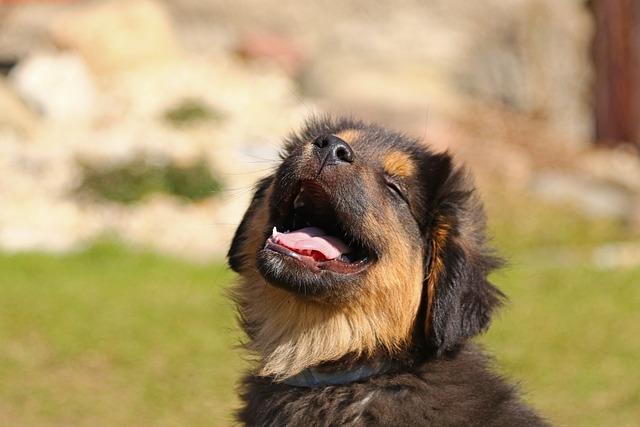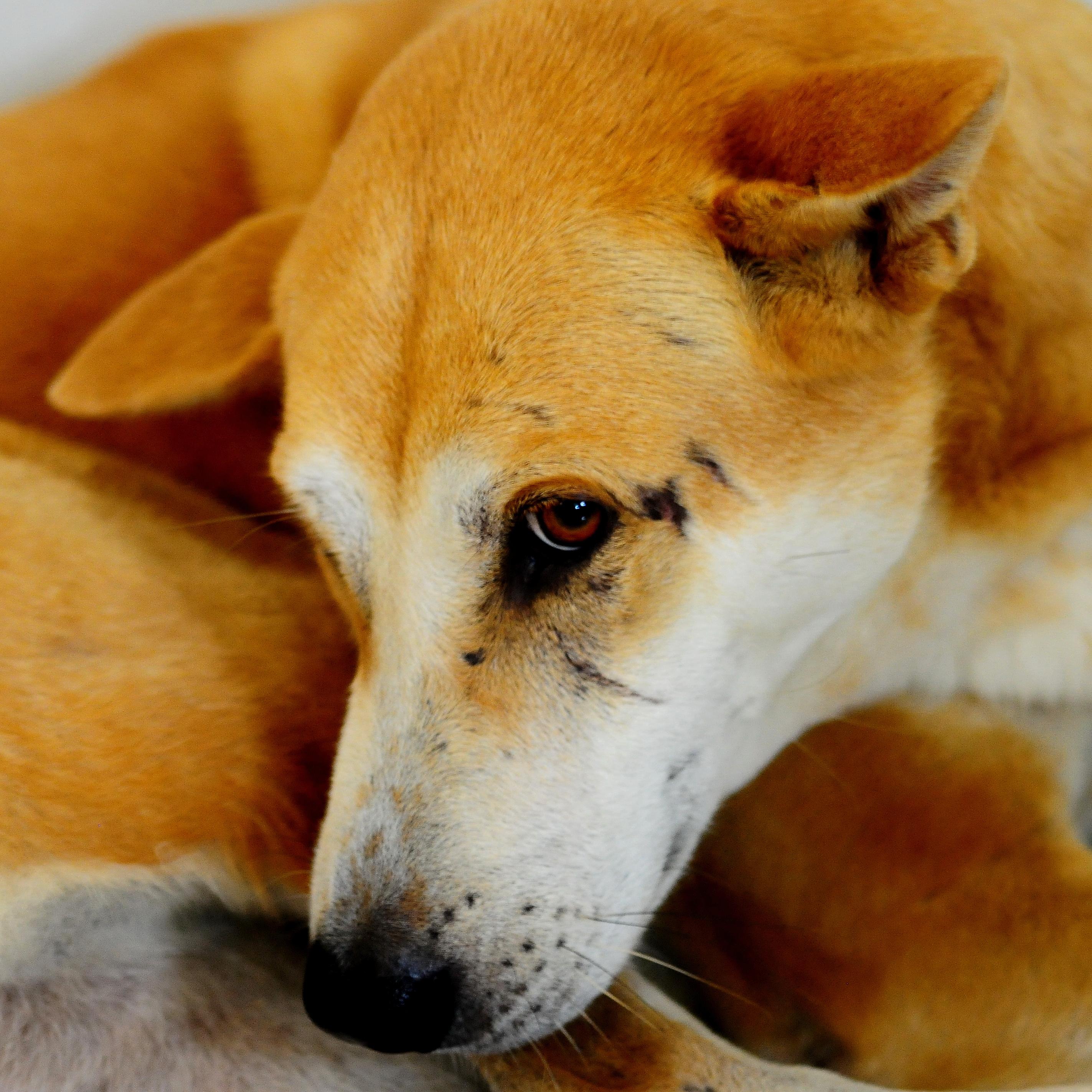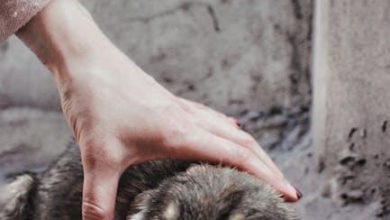Can Puppies Become Overly Dependent Through Socialization

In the world of wagging tails and curious noses, puppies embark on a journey of discovery and bonding that shapes their futures as beloved companions. As they navigate this formative stage, the role of socialization becomes paramount, laying the groundwork for their interactions with the world. However, as we nurture these young canines to be sociable and adaptable, a question emerges from the quiet corners of the pet owner’s mind: Can this well-intentioned socialization lead to an unintended consequence—over-dependence? In this exploration, we delve into the delicate balance between fostering confidence and cultivating clinginess, unraveling the nuances of how socialization impacts a puppy’s independence and emotional resilience. Join us as we traverse the fascinating intersection of companionship and autonomy in the lives of our furry friends.
Understanding the Balance: The Role of Socialization in Puppy Development
Striking the right balance in a puppy’s socialization process is crucial for nurturing well-adjusted, confident dogs. While socialization is essential for developing social skills and ensuring adaptability in various environments, there is a risk of fostering an overly dependent puppy if not managed properly. To avoid this, it’s important to introduce puppies to diverse experiences and encourage independence. This can be achieved by gradually increasing the complexity of social interactions and allowing the puppy to explore new situations without excessive guidance.
- Encourage exploration: Allow your puppy to investigate their surroundings, fostering curiosity and confidence.
- Vary interactions: Expose them to different people, animals, and environments to build adaptability.
- Promote alone time: Teach your puppy to be comfortable being alone, reducing the risk of separation anxiety.
- Reward independence: Use positive reinforcement to celebrate independent behaviors, building self-assurance.
 Overdependence: When Socialization Goes Too Far”>
Overdependence: When Socialization Goes Too Far”>
Recognizing Signs of Overdependence: When Socialization Goes Too Far
While socialization is crucial for puppies to develop into well-adjusted dogs, it’s important to be mindful of the balance between healthy interaction and overdependence. When puppies become excessively reliant on human presence or other animals, it can lead to issues such as separation anxiety or behavioral problems. Recognizing the subtle signs of overdependence can help in taking corrective measures early on.
- Clinginess: If your puppy consistently follows you from room to room and shows distress when you leave, this could indicate overdependence.
- Excessive Barking or Whining: Pay attention if your puppy vocalizes excessively when left alone or when you are not giving direct attention.
- Lack of Confidence: Puppies that are overly dependent may show reluctance to explore new environments or meet new people and animals.
- Destructive Behavior: Chewing furniture or other destructive actions can sometimes be a cry for attention, indicating that the puppy may feel too reliant on constant companionship.
Balancing socialization with moments of independent play can help your puppy grow into a confident and self-assured dog. By gradually introducing time apart and encouraging solo activities, you can foster a healthy level of independence.
 Independence: Fostering Confidence in Your Puppy”>
Independence: Fostering Confidence in Your Puppy”>
Strategies for Healthy Independence: Fostering Confidence in Your Puppy
Building a healthy sense of independence in your puppy while ensuring they are well-socialized can be a delicate balance. Here are some effective strategies to help nurture their confidence:
- Gradual Exposure: Introduce your puppy to new environments, sounds, and people slowly. Allow them to explore at their own pace, ensuring that each experience is positive and not overwhelming.
- Encourage Solo Play: Provide toys and puzzles that stimulate their curiosity and problem-solving skills. This helps them to entertain themselves and fosters self-reliance.
- Consistent Routine: Establish a daily routine that includes solo time. This teaches your puppy that it’s okay to be alone, reducing anxiety when you’re not around.
- Reward Independence: When your puppy explores independently or engages with toys on their own, offer praise or a small treat. Positive reinforcement builds their confidence in being self-sufficient.
By incorporating these strategies into your puppy’s life, you can help them develop a robust sense of self-assurance while still benefiting from the socialization they need to grow into a well-adjusted adult dog.

Expert Tips for Effective Socialization: Ensuring Well-Adjusted Canine Companions
While socialization is crucial for developing a well-rounded canine companion, it’s important to strike the right balance to prevent your puppy from becoming overly dependent. Here are some expert tips to help ensure your pup grows into a confident and independent adult dog:
- Gradual Exposure: Introduce your puppy to new experiences, people, and environments slowly. Start with less stimulating situations and gradually increase the complexity as your puppy becomes more comfortable.
- Encourage Independence: Allow your puppy to explore and solve problems on their own, offering guidance only when necessary. This helps build confidence and reduces the likelihood of them becoming overly reliant on you.
- Consistent Routines: Establishing a predictable daily routine provides a sense of security and stability. This consistency helps your puppy understand boundaries and expectations without developing anxiety or dependency.
- Quality Alone Time: Practice leaving your puppy alone for short periods to help them get used to being by themselves. Gradually increase the duration as they become more comfortable, which aids in fostering independence.
By following these expert tips, you can help your puppy develop the social skills they need while ensuring they grow into a self-assured and well-adjusted adult dog.
Closing Remarks
In the grand tapestry of raising a well-adjusted puppy, the threads of socialization are woven with both caution and care. As we embark on the journey of nurturing our four-legged companions, the balance between fostering confidence and preventing dependency becomes a dance of subtlety and insight. Through mindful interactions and guided experiences, we can shape a world where puppies grow into dogs that are both secure and self-reliant. In this delicate equilibrium, we find not only the essence of healthy development but also the joy of witnessing our puppies flourish into their fullest potential. So, as we continue to explore the vast realm of canine companionship, let us remember that in every wag of the tail lies the promise of a future filled with mutual trust and boundless adventure.



